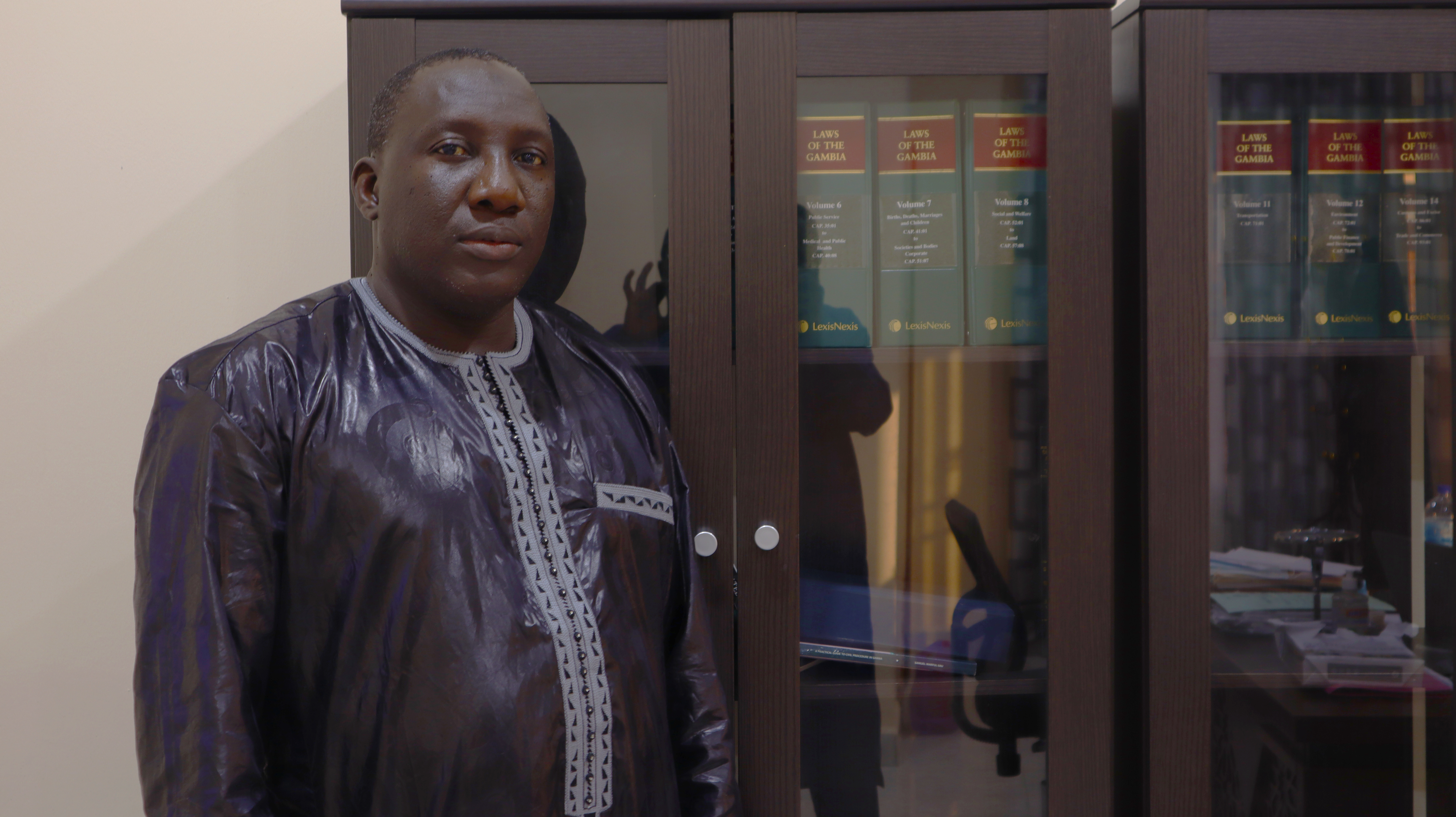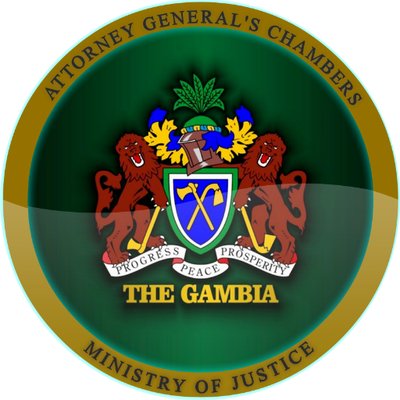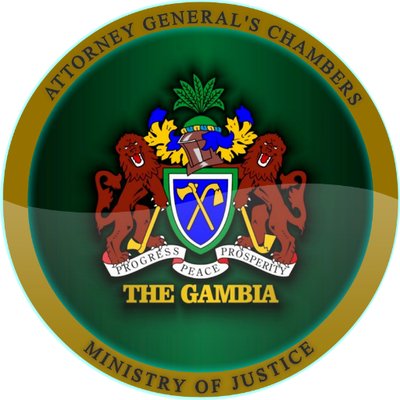
Intellectual Property Serves as an Effective Policy Tool- Says Registrar General
By Musa Saho
In an interview with the Registrar General and Head of Intellectual Property, Mr. Abdoulie Colley, who is responsible for the administration of Intellectual Property(IP) in The Gambia, he said IP serves as an effective policy tool in unlocking local creative, incentive and innovative potential, stimulating the transfer and use of foreign technologies and creative works and encouraging fair competition, thereby, promoting the creation of wealth and fostering national social, cultural and economic development.
Mr. Colley said, the Intellectual Property System, should be used as a tool for harnessing the creative potential of Gambians, promoting sustainable, inclusive and rapid social, economic development, supporting the transformation of the Gambian economy and the attainment of the national vision as captured in the vision and mission of the National Intellectual Property Policy and Strategy Plan 2018-2023.
According to him, the creation of patent and utility can generate income for businesses through licensing, sales or commercialization of protected products or services.
“This can, in turn, improve market shares or raise profits for owners of the products or services. In case of sales, merger or acquisition, having registered and protected IP assets can raise the value of your business,” Mr. Colley added.
Furthermore, he added that, the youths constitute more than 50% of the Country’s population, thus, encouraging the youths of The Gambia to spearhead the creation and innovation of patents or utility models for greater economic benefits is the step in the right direction.
“The statistics of innovation and creativity in The Gambia is very low. Youth led organizations and institutions should inspire youths to innovate and be creative,” Mr. Colley advised.
He stated that he is optimistic that with the right policies and infrastructures, his office is confident that they will soon start receiving patents and utility model applications from young people of this country.
“In order to be innovative, we have to learn about what other people did before us and how we can improve on that. We cannot reinvent the wheel, yet we can improve on the wheel,” Mr. Colley concluded.




